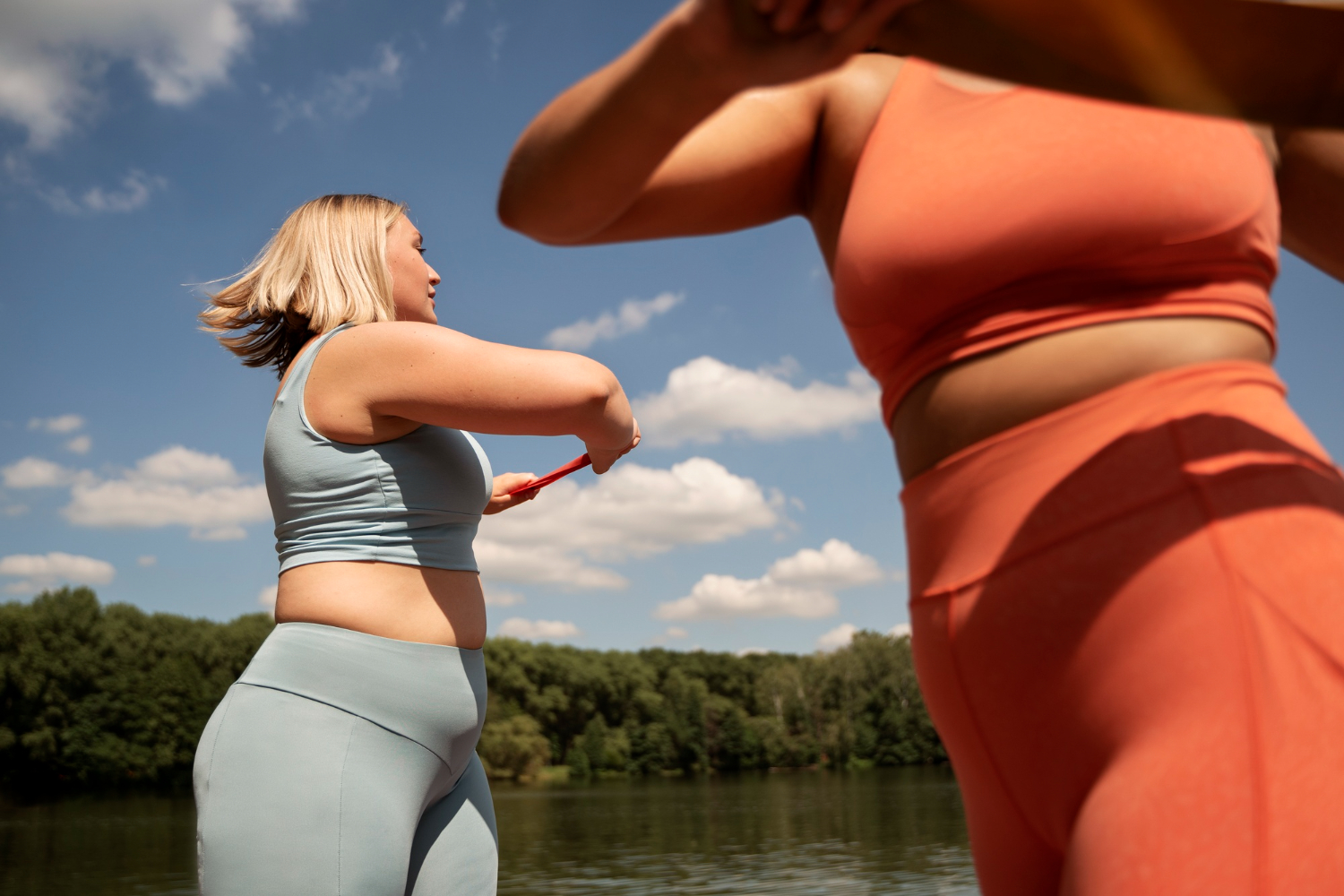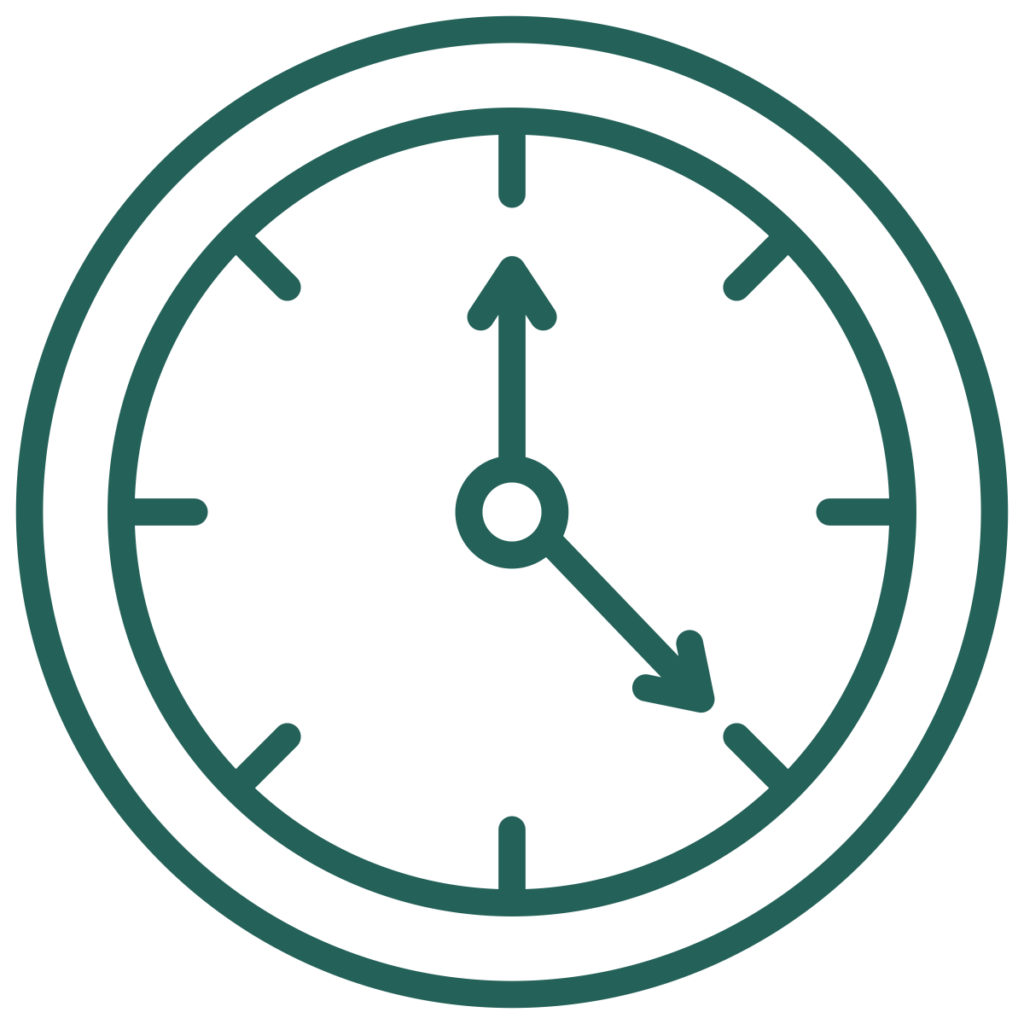Weight management

Current Status
Not Enrolled
Enroll in this course to get access
Price
Free
Get Started
This course aims to give you the information you need about weight management, what it might mean for your future health and strategies on how you can reduce your weight. The topic list (to the right) will give you an idea of all the information covered in this course.
This course:

Is for anyone that is living with overweight or obesity and wants to lose weight

Will take around 4 hours to complete

Can be completed at your own pace and doesn’t have to be in one sitting
We hope to help you feel confident in managing your health and support you in making decisions that result in the best possible outcomes for you. Please note that all comments left on the forum are moderated.
To get started, click on the first section ‘Welcome’ below
Course Content
Welcome
1 Topic
You don't currently have access to this content
Why weight matters
4 Topics
You don't currently have access to this content
Section Content
0% Complete
0/4 Steps
Baseline measurements
4 Topics
|
1 Quiz
You don't currently have access to this content
Section Content
0% Complete
0/4 Steps
Making changes
3 Topics
You don't currently have access to this content
Food and mood
4 Topics
You don't currently have access to this content
Healthy eating for weight loss
6 Topics
|
1 Quiz
You don't currently have access to this content
Section Content
0% Complete
0/6 Steps
Weight management strategies: Different eating plans & programmes
6 Topics
|
1 Quiz
You don't currently have access to this content
Section Content
0% Complete
0/6 Steps
Weight management strategies: Medication and surgery
2 Topics
You don't currently have access to this content
Physical activity
6 Topics
|
1 Quiz
You don't currently have access to this content
Section Content
0% Complete
0/6 Steps
Some closing words
2 Topics
You don't currently have access to this content


Comments:
Help needed to achieve goal